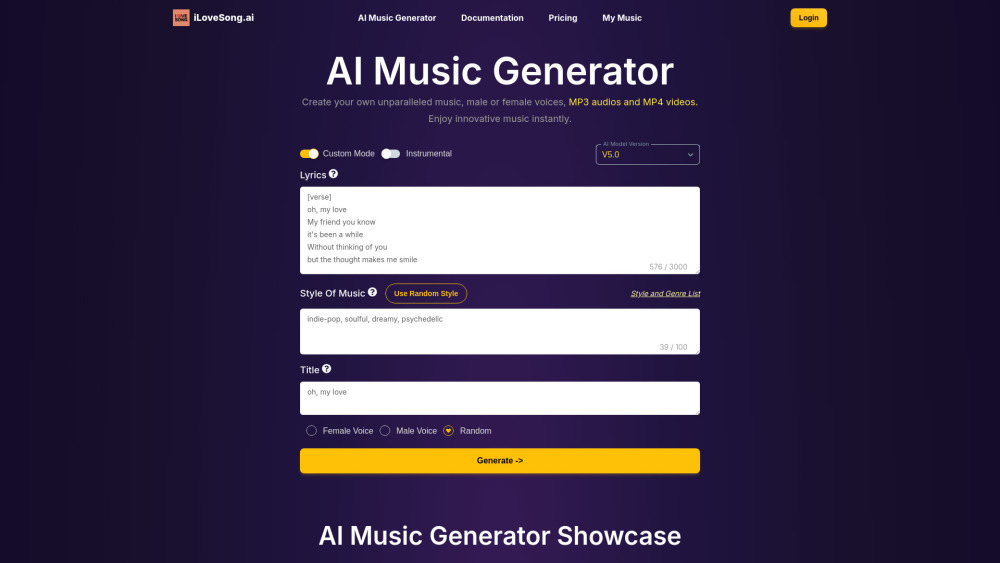The Rapid Evolution of AI: Insights from 2023's Expert Survey
AI is advancing at an unprecedented speed, reshaping conversations in both enterprises and everyday life within just over a year.
This acceleration is so remarkable that even those immersed in the field express surprise and concern. A recent survey highlights this apprehension, revealing insights from 2,778 authors whose work has made a significant impact in top industry publications.
Anticipating AI Agents
The 2023 Expert Survey on Progress in AI, the most extensive study of its kind, indicates that if current trends continue, there is a 10% chance that machines could outperform humans in all tasks by 2027, and a staggering 50% chance by 2047. Respondents also estimated that the full automation of all human occupations could become feasible by 2037, along with a minimum 10% risk of advanced AI leading to severe disempowerment or even human extinction. These views are reminiscent of the existential risks associated with AI, resonating with effective altruism advocates, although critics argue this perspective detracts from pressing, immediate issues like job displacement and inequality.
The researchers noted, “Optimistic scenarios underscore AI's revolutionary potential, while pessimistic predictions highlight the significant stakes in AI development.”
A Range of Tasks on the Horizon
This survey represents the third installment in a series, following similar studies from 2016 and 2022. Conducted in fall 2023, it reflects opinions shaped by a transformational year marked by the launches of AI models like ChatGPT and others, as well as significant U.S., UK, and EU government action on AI regulation.
Experts evaluated 39 specific tasks to determine how soon they might be feasible for AI. These tasks included:
- Translating text into a newly learned language
- Recognizing objects after brief exposure
- Writing specific Python code
- Creating best-selling fiction for The New York Times
- Building a payment processing site autonomously
- Fine-tuning large language models
Remarkably, all but four tasks were projected to have over a 50% chance of becoming feasible within the next decade, with predictions for 21 out of 32 tasks advancing earlier than before.
Tasks estimated to take longer than ten years included:
- Outputting differential equations governing a virtual world (12 years)
- Physically installing electrical wiring in homes (17 years)
- Proving publishable mathematical theorems (22 years)
- Solving long-standing Millennium Prize mathematical problems (27 years)
Human-Level Performance and Full Automation
Expert opinions were sought on when machines might reach “High-Level Machine Intelligence” (HLMI) and “Full Automation of Labor” (FAOL). The consensus suggested a 50% chance of HLMI by 2047—an advancement of 13 years from previous estimates—and FAOL by 2116, which is a significant shortening of 48 years from last year's predictions.
The researchers observed, “While views vary on the timeline for achieving these milestones, this year's survey shows a general trend toward earlier expectations.”
Balancing Risks and Opportunities
Concerns surrounding AI focus on alignment, trustworthiness, predictability, capabilities, and the potential for misuse. When queried about state-of-the-art AI traits expected by 2043, participants indicated:
- 82% foresaw AI finding unexpected means to achieve goals
- 81% anticipated AI being able to converse like human experts
- 69% expected unpredictable behavior from AI
By 2028, there is a likelihood that AI will regularly confound human understanding regarding the rationale behind its outputs. Respondents expressed significant concern that AI could facilitate the spread of misinformation, manipulate public opinion, be weaponized by dangerous groups, or exacerbate economic inequality.
Despite these significant challenges, a majority (68%) perceived the potential benefits of AI to outweigh the detrimental impacts. However, approximately 58% acknowledged the possibility of extreme negative outcomes.
The consensus among experts reveals roughly half forecasting at least a 10% chance of human extinction or severe disempowerment. Importantly, some participants placed the likelihood of extinction at a disturbing 25%.
Forecasting the Future of AI
Despite their expertise, researchers emphasize the challenges in making accurate predictions about AI. As they humorously note, “Participants do not, to our knowledge, possess any unusual predictive skills overall.”
With varied perspectives influenced by question framing, achieving consensus is complex. Nevertheless, researchers acknowledge that the collective insights of AI experts can enhance our understanding of future possibilities, stating, “While predictions may be unreliable, informed guesses are vital for shaping our views on what lies ahead.”




